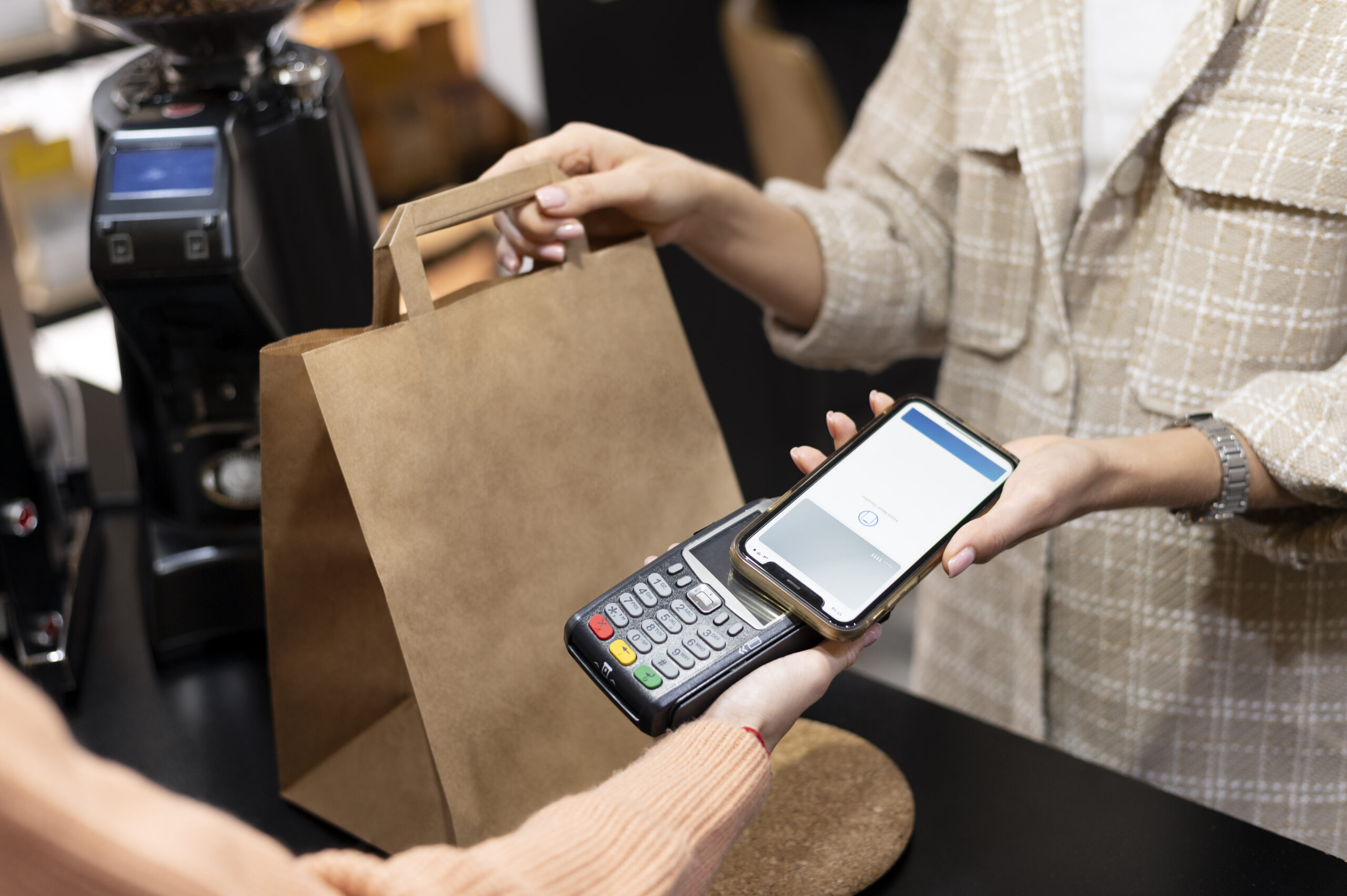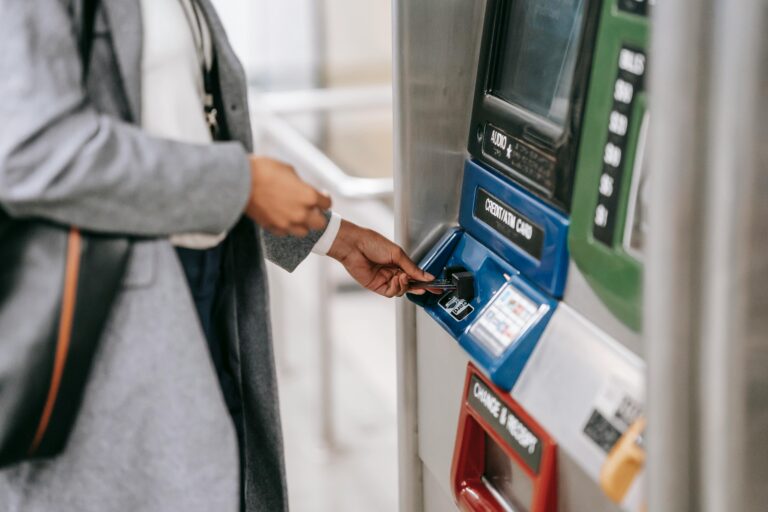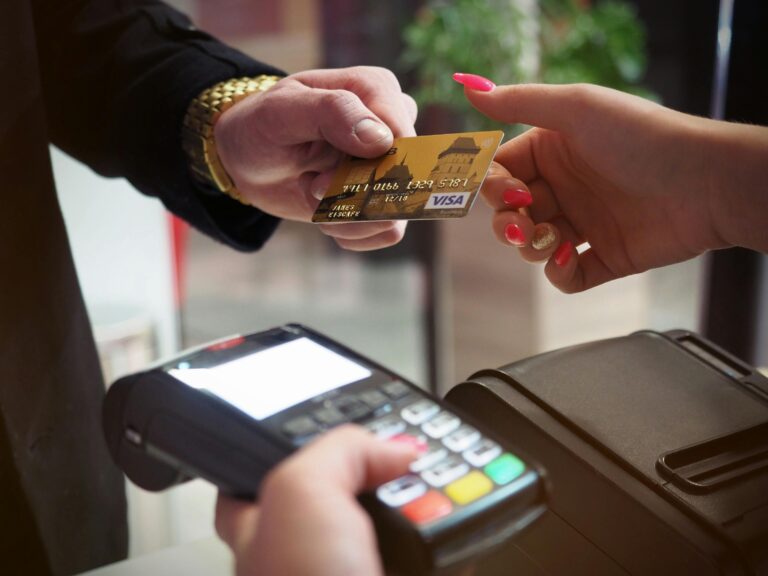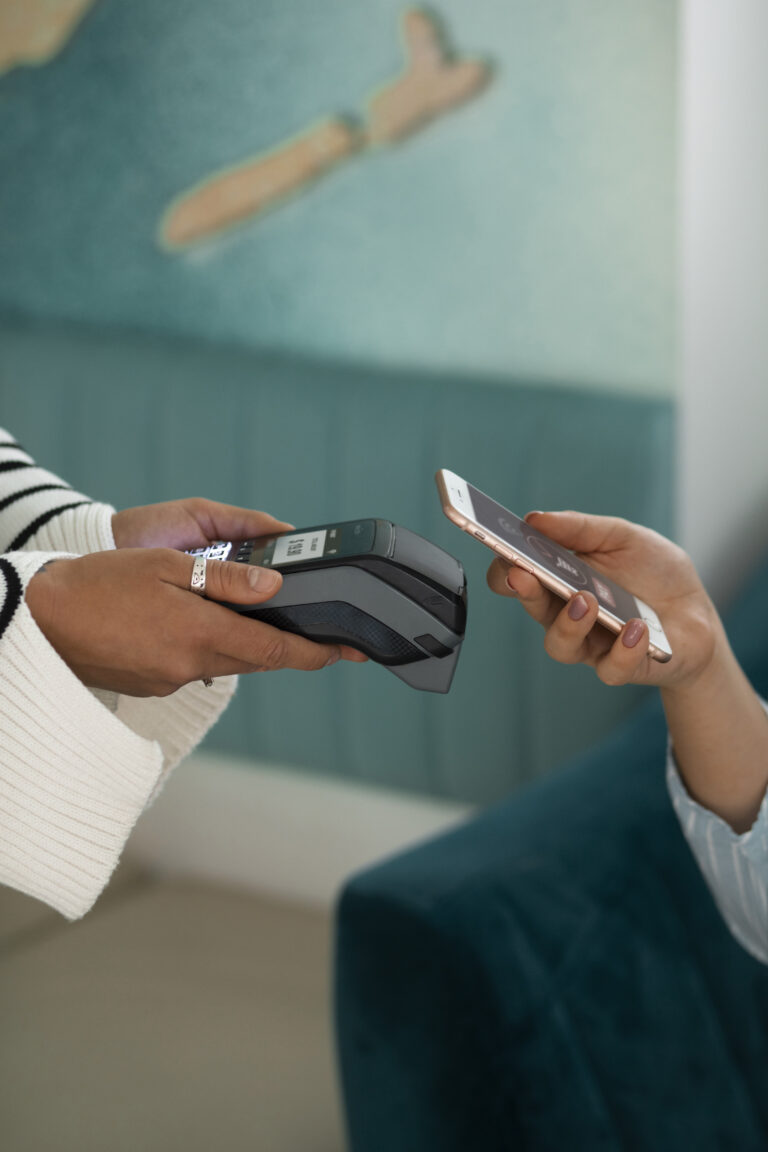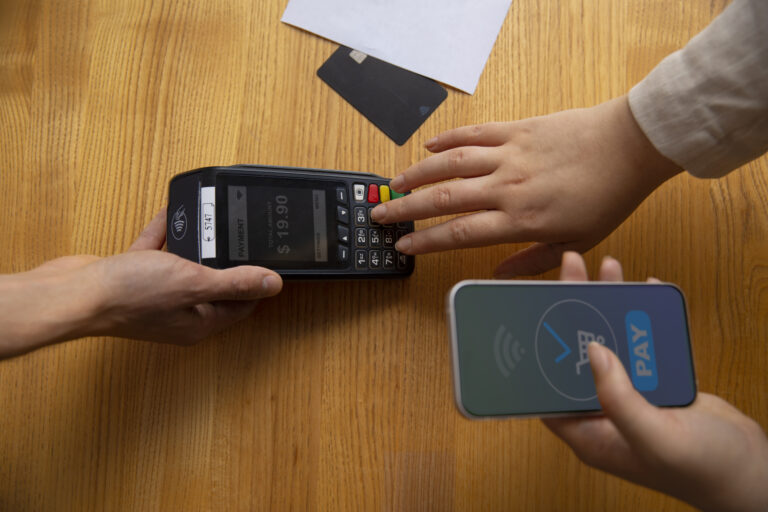Affordable POS Systems for Small Businesses in the Philippines
Choosing the right Point of Sale (POS) system is crucial for the smooth operation of any small business. In the Philippines, there are several budget-friendly options that provide essential features without a hefty price tag.
This article explores eight affordable POS systems, detailing their unique features, services provided, pricing, and ideal audiences.
Cheapest POS System for Small Business Philippines
1. Loyverse POS
- Loyverse POS is a popular free POS system ideal for small businesses looking for an affordable yet comprehensive solution.
- Loyverse offers inventory management, sales analytics, and customer loyalty programs. It supports multiple languages and is mobile-friendly.
- Loyverse provides services like Sales tracking, inventory management, customer management, and a loyalty program.
- Free, with optional add-ons available at additional costs.
- Ideal for Retail stores, cafes, and small shops seeking a no-cost, easy-to-use POS system.
2. Square POS
- Square POS is known for its versatility and user-friendly interface.
- It provides robust features like payment processing, sales analytics, and inventory tracking.
- Payment processing, sales reports, customer directory, and inventory management.
- Free, with transaction fees for payment processing (2.6% + 10¢ per transaction).
- Small to medium-sized businesses that need a flexible, easy-to-use POS system with powerful features.
3. Shopify POS
- Shopify POS integrates seamlessly with Shopify’s ecommerce platform, making it perfect for businesses that sell both online and offline.
- It offers comprehensive tools for sales, inventory, and customer management.
- In-person and online sales management, inventory control, analytics, and customer profiles.
- Starts at $29 per month for the Basic plan.
- Businesses with an online store or those looking to expand their digital presence.
4. Vend POS
- Vend POS is a cloud-based system designed for retail businesses.
- It offers real-time sales analytics, customer loyalty programs, and multi-store management.
- Inventory management, sales reporting, customer loyalty, and multi-store support.
- Starts at $99 per month with a 14-day free trial.
- Retail stores looking for a scalable, feature-rich POS system.
5. POSist
- POSist is tailored for the food and beverage industry, offering features specific to restaurants and cafes.
- It includes order management, inventory control, and customer relationship management.
- Order processing, inventory management, sales analytics, and customer management.
- Custom pricing (contact for a quote).
- Restaurants, cafes, and food service businesses need industry-specific features.
6. Imonggo
- Imonggo is a simple, web-based POS system ideal for small retail businesses.
- It offers basic POS functionalities and supports multi-location operations.
- Sales tracking, inventory management, and basic analytics.
- Free for one user with limited features; paid plans start at $30 per month.
- Small retail stores and startups need a straightforward POS system.
7. Sapaad
- Sapaad is another POS system designed specifically for the food and beverage industry.
- It provides features like table management, delivery tracking, and kitchen display systems.
- Order management, inventory control, customer relationship management, and sales analytics.
- Starts at $53 per month.
- Restaurants and cafes looking for comprehensive management tools tailored to their industry.
8. QuickBooks POS
- QuickBooks POS is integrated with QuickBooks accounting software, making it ideal for businesses that need seamless financial management.
- It offers sales, inventory, and customer management with robust reporting features.
- Sales tracking, inventory management, customer relationship management, and detailed financial reports.
- Starts at $1,200 for the basic version (one-time fee).
- Businesses that already use QuickBooks for accounting and need an integrated POS solution.
Beyond Cost: Hidden Fees and Long-Term Value
While upfront costs are important, it’s essential to consider potential hidden fees such as transaction charges, monthly maintenance costs, or additional features priced separately. For example, Square POS charges transaction fees which can add up over time. Therefore, it’s crucial to evaluate the long-term value and overall cost-effectiveness of the POS system.
Hardware Integration and System Requirements
Some POS systems may require additional hardware like barcode scanners, receipt printers, or cash drawers. For instance, Loyverse POS can work with various existing hardware, reducing additional costs. It’s important to ensure compatibility with your current hardware and consider any software requirements such as operating system compatibility.
Customer Support Options
Reliable customer support is critical for resolving technical issues. Systems like Vend POS offer excellent customer service through phone support, online chat, and email. When choosing a POS system, consider the quality and accessibility of customer support provided.
Security Features and Data Protection
Data security is paramount in the digital age. Look for POS systems that offer robust security features like data encryption, password protection, and user access controls. Systems such as Shopify POS and Square POS prioritize data security to protect both business and customer information.
Free Trials and Demo Options
Many POS providers offer free trials or demo versions. Taking advantage of these trials, like the 14-day free trial from Vend POS, allows you to test features and ensure compatibility with your business needs before committing to a paid plan.
Industry-Specific Considerations
Certain industries have unique POS requirements. For example, restaurants might need table management features, while retail stores may prioritize inventory control. Systems like POSist and Sapaad offer industry-specific functionalities that cater to the unique needs of food and beverage businesses.
Integration with Existing Systems
Seamless integration with existing systems like accounting software or inventory management tools can streamline workflows. QuickBooks POS, for instance, integrates well with QuickBooks accounting, improving data accuracy and operational efficiency.
Conclusion
Selecting the right POS system for your small business in the Philippines involves balancing upfront costs with long-term value. By considering factors such as hidden fees, hardware compatibility, customer support, security features, and industry-specific needs, you can choose a system that enhances your business operations while staying within budget. Taking advantage of free trials and demo options will further help ensure that the POS system you choose is the best fit for your business.
Frequently Asked Questions
1. What is the typical cost of a point-of-sale system?
A point-of-sale system typically costs between $0 and $2,000, which includes the first year’s installation charge, software, and hardware.
2. Is it possible to utilize POS offline?
An internet connection is necessary in order to use a cloud-based point of sale system. The cloud and the data ought to be in sync. When the internet connection is restored, data from smart point-of-sale systems can be synchronized with the cloud and utilized in offline mode.
3. What are the four types of POS?
Legacy, tablet-based, mobile, and cloud-based POS systems are the four primary categories of POS systems. The final three of these system kinds are regarded as “modern” point-of-sale (POS) systems, and they are typically more economical and effective than legacy systems.
